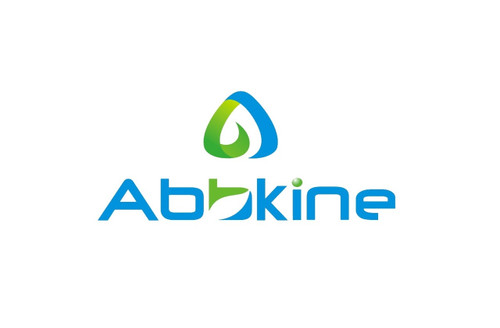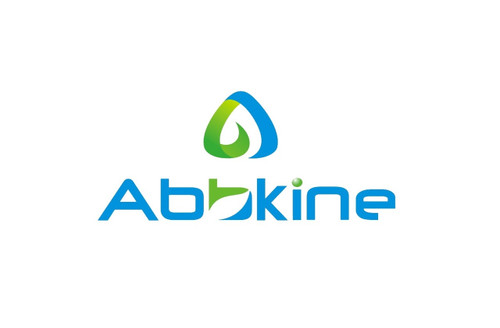Product Description
Mouse Paired mesoderm homeobox protein 2 (PRRX2) ELISA Kit | AE25631MO | Abebio
Species Reactivity: Mouse (Mus musculus)
Abbreviation: PRRX2
Alternative Name: MGC19843; PMX2; PRX2; paired mesoderm homeobox protein 2|paired-like homeodomain protein PRX2
Application: ELISA
Range: Request Information
Sensitivity: Request Information
Intra-Assay: ≤5.2%
Inter-Assay: ≤8.9%
Recovery: 0, 89
Sample Type: Serum, Plasma, Other biological fluids
Detection Method: Sandwich
Analysis Method : Quantitive
Test Principale: This assay employs a two-site sandwich ELISA to quantitate PRRX2 in samples. An antibody specific for PRRX2 has been pre-coated onto a microplate. Standards and samples are pipetted into the wells and anyPRRX2 present is bound by the immobilized antibody. After removing any unbound substances, a biotin-conjugated antibody specific for PRRX2 is added to the wells. After washing, Streptavidin conjugated Horseradish Peroxidase (HRP) is added to the wells. Following a wash to remove any unbound avidin-enzyme reagent, a substrate solution is added to the wells and color develops in proportion to the amount of PRRX2 bound in the initial step. The color development is stopped and the intensity of the color is measured.
Product Overview: PRRX2 is a member of the paired family of homeobox proteins. Expression is localized to proliferating fetal fibroblasts and the developing dermal layer, with downregulated expression in adult skin. Increases in expression of this gene during fetal but not adult wound healing suggest a possible role in mechanisms that control mammalian dermal regeneration and prevent formation of scar response to wounding. The composite 813-nucleotide cDNA encodes a putative 164-amino acid protein with 74% overall identity to mouse Prx2, showing high conservation in the homeodomain and extreme 3-prime region. PRX2 is expressed as a single 1.3-kb transcript. PRX2 is more strongly expressed in normal fetal than in adult skin, much more strongly expressed in both fetal and adult proliferating fibroblasts, and not expressed in keratinocytes.
Stability: The stability of ELISA kit is determined by the loss rate of activity. The loss rate of this kit is less than 5% within the expiration date under appropriate storage condition. The loss rate was determined by accelerated thermal degradation test. Keep the kit at 37°C for 4 and 7 days, and compare O.D.values of the kit kept at 37°C with that of at recommended temperature. (referring from China Biological Products Standard, which was calculated by the Arrhenius equation. For ELISA kit, 4 days storage at 37°C can be considered as 6 months at 2 - 8°C, which means 7 days at 37°C equaling 12 months at 2 - 8°C) .
 Euro
Euro
 USD
USD
 British Pound
British Pound
 NULL
NULL












